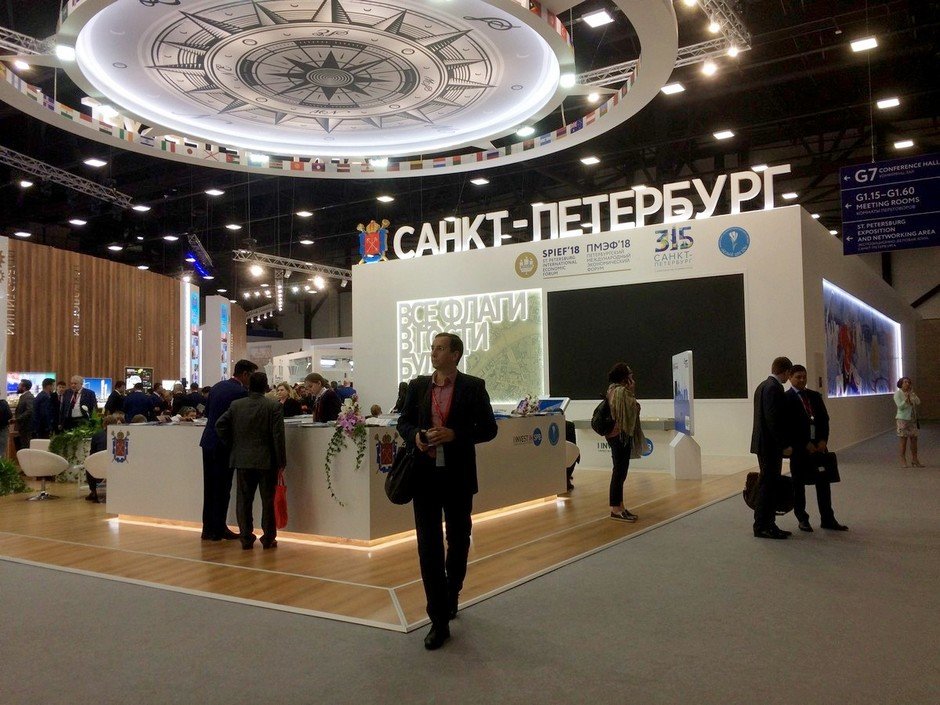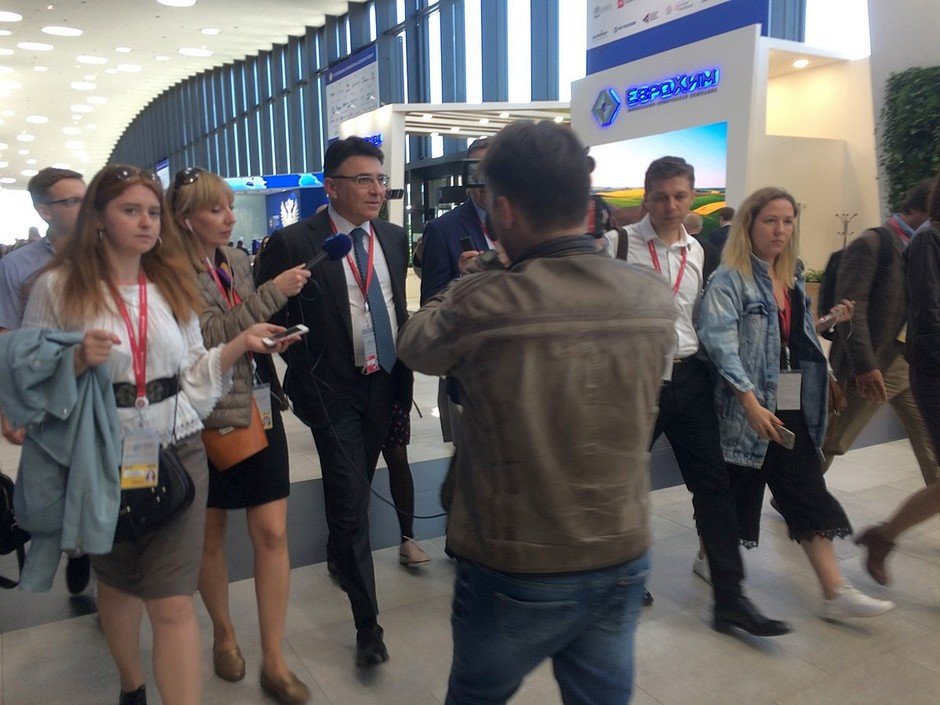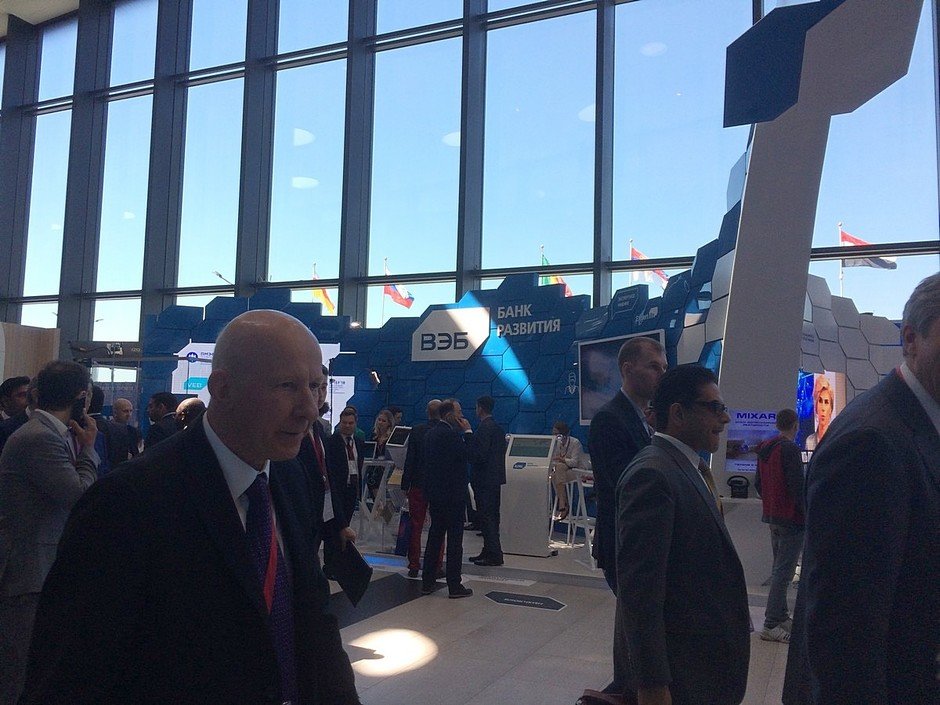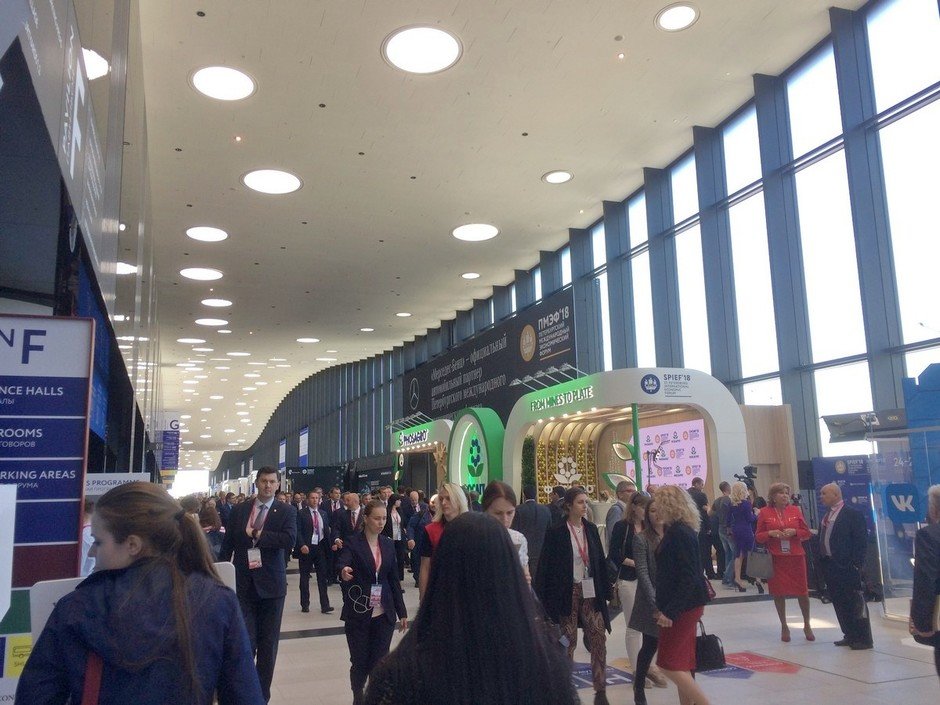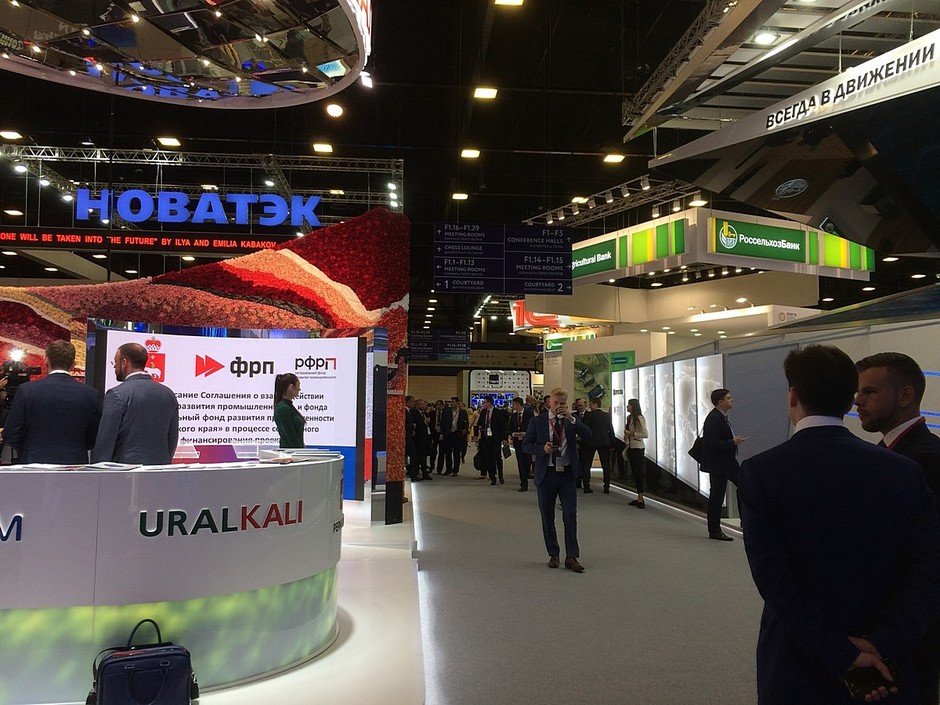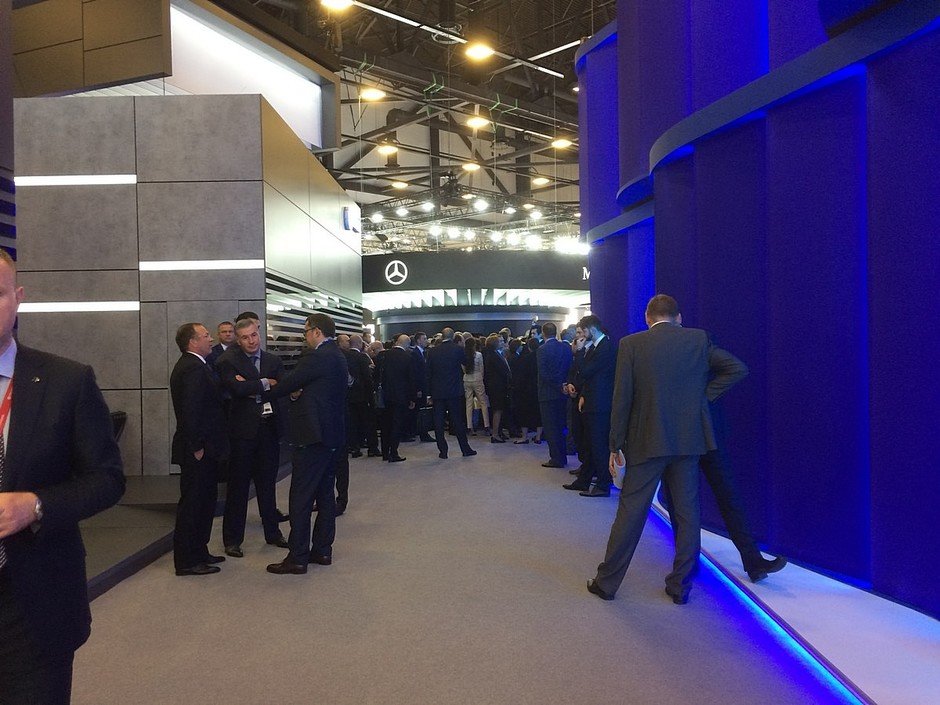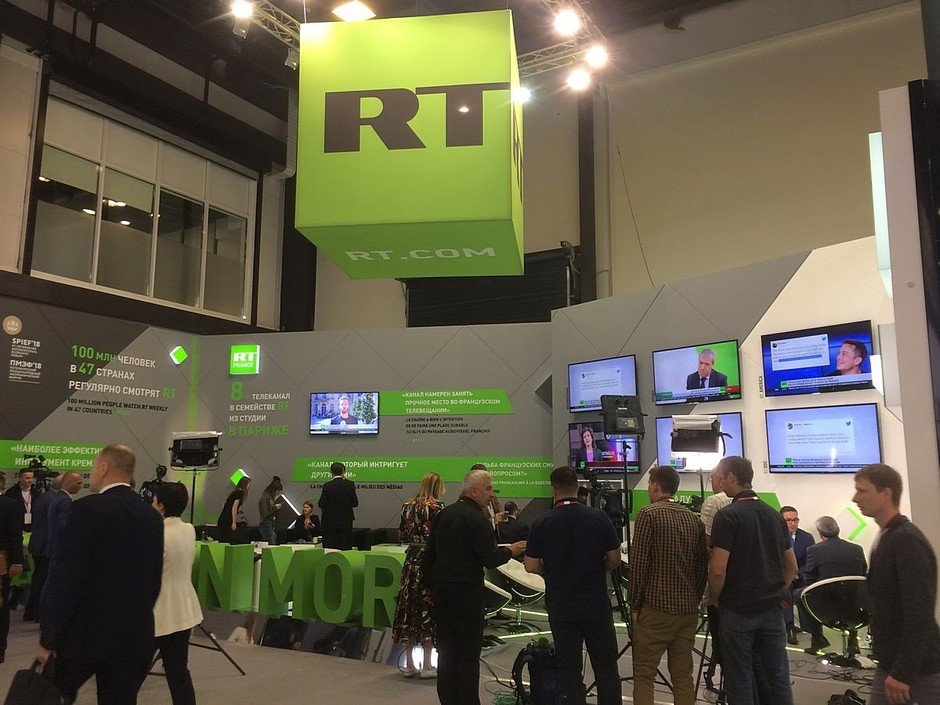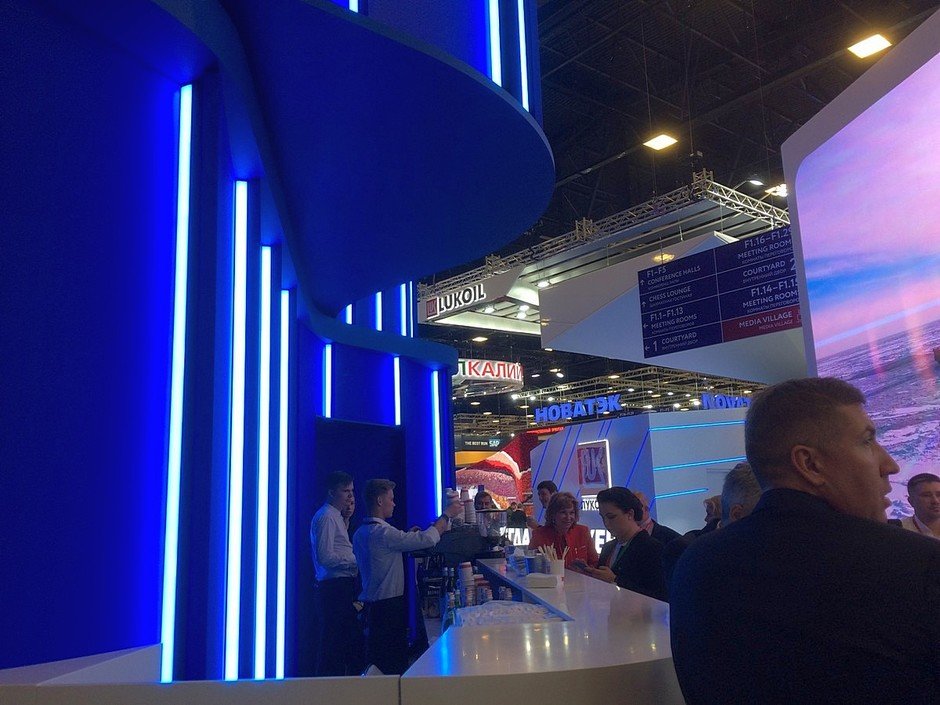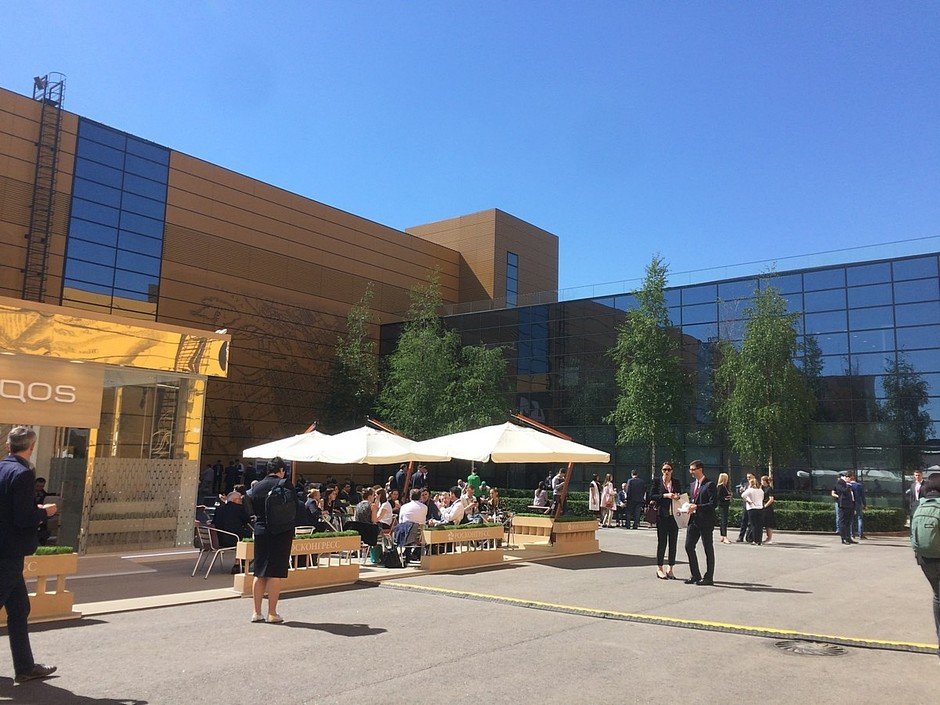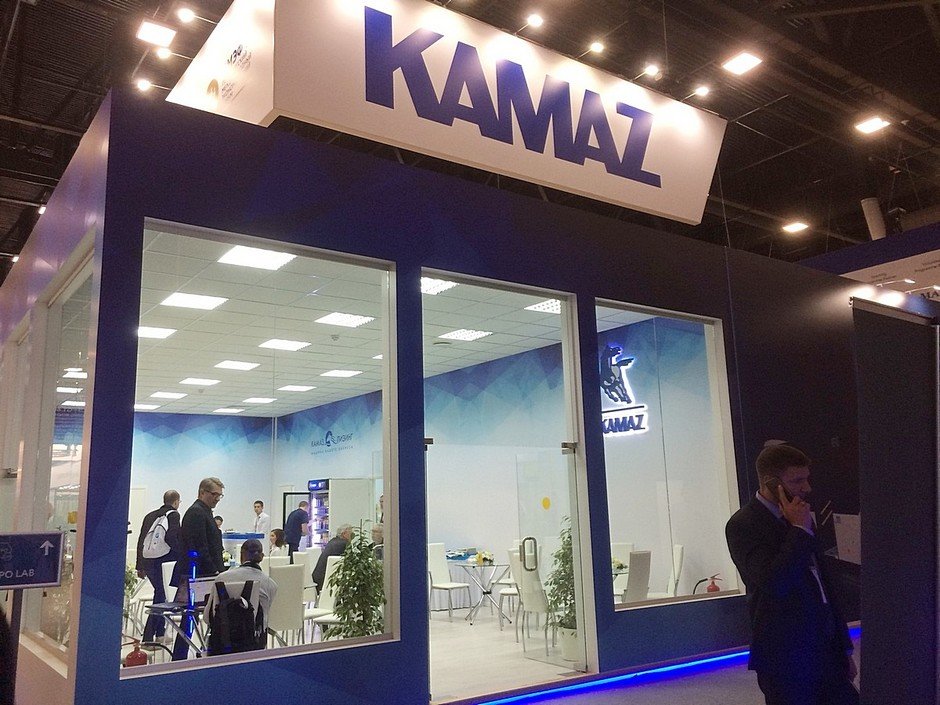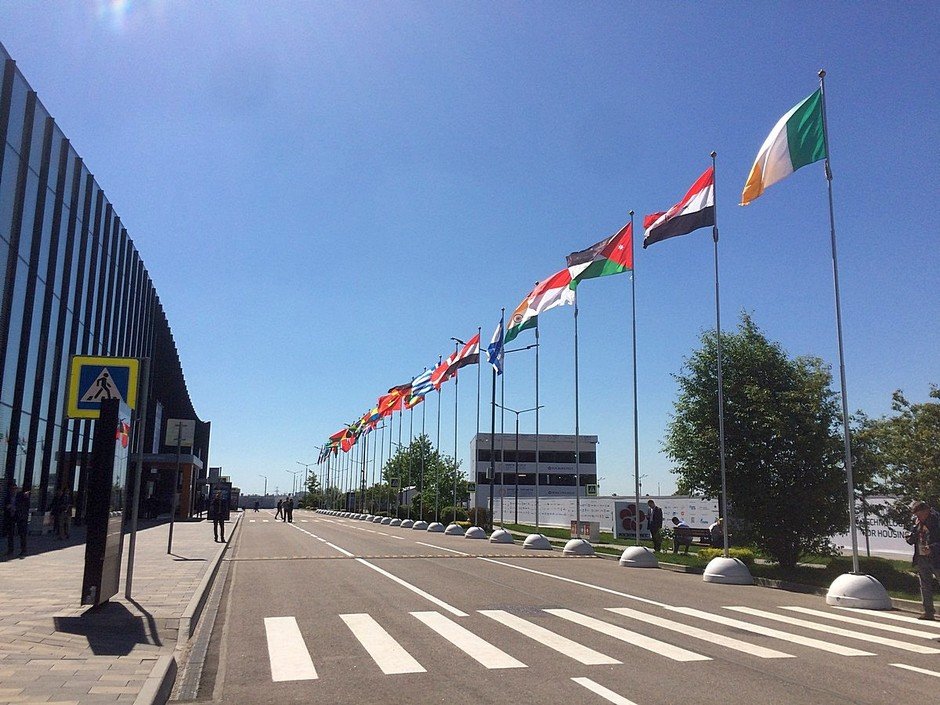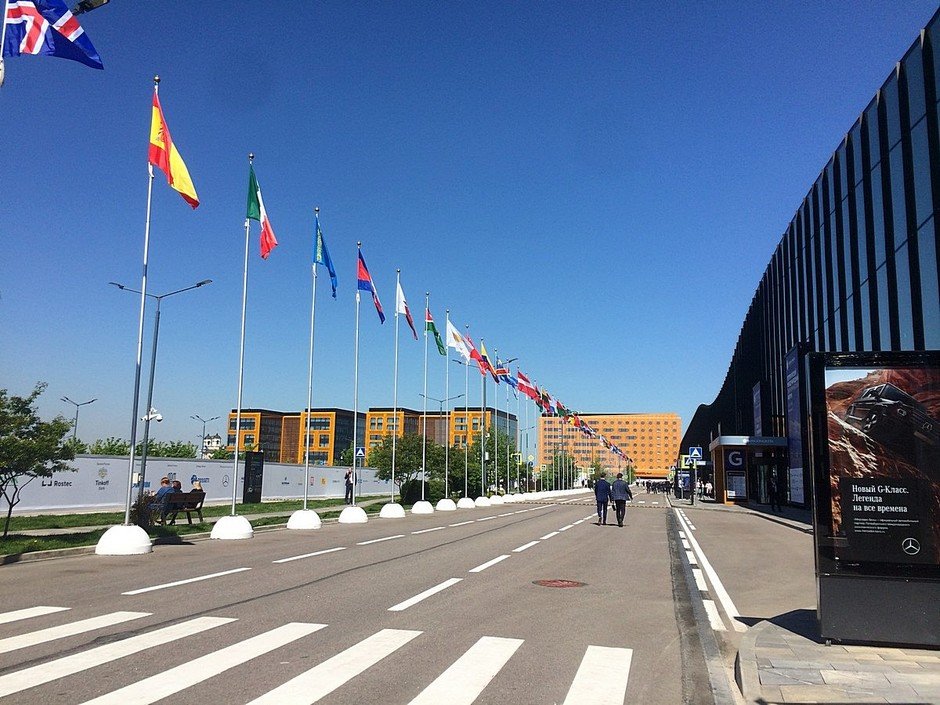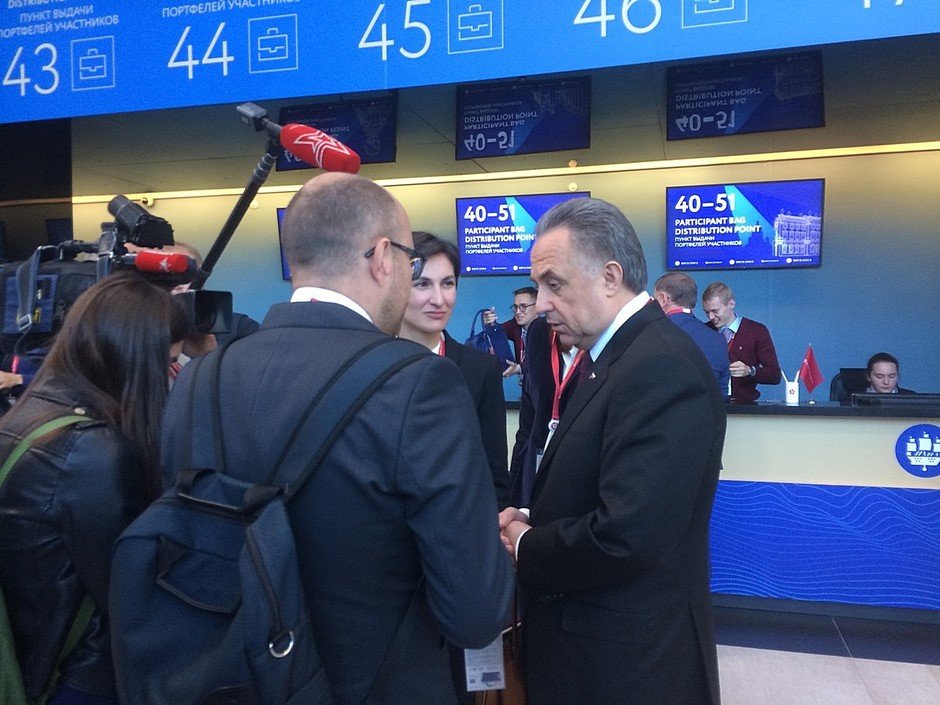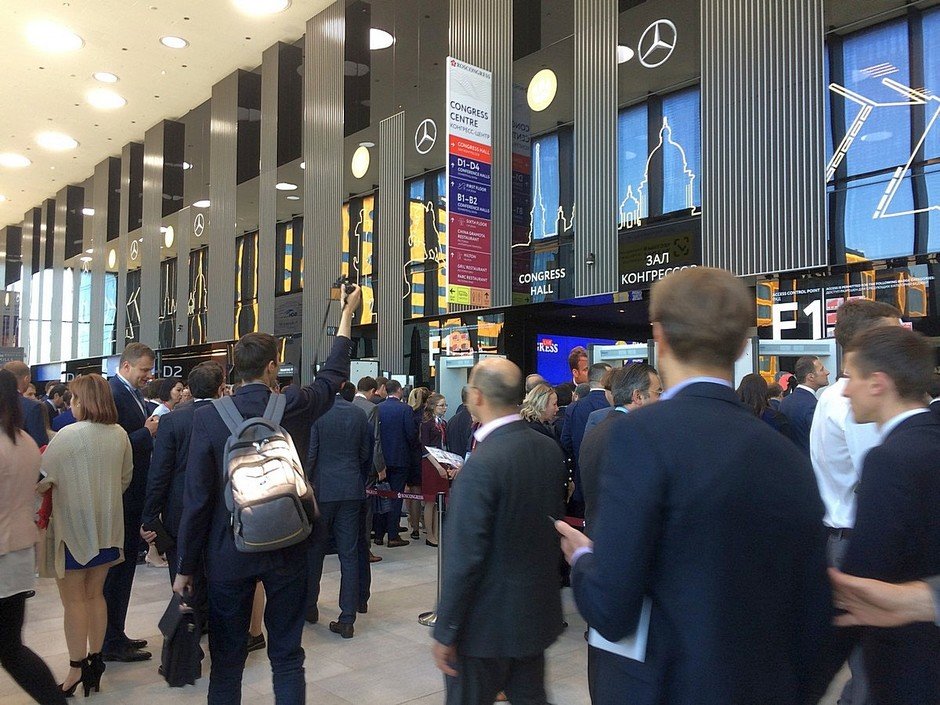''Internet of Things allows to focus on what is important — family, creativity and personal development''
President of NVision Group about integration of the Internet of Things into the lives of Russians, ''merger'' with MTS and new challenges for companies-system integrators
A trilateral agreement has been signed between NOKIA, Russian system integrator NVision Group and MTS PJSC to launch a new platform for managing IoT objects at St. Petersburg International Economic Forum. Realnoe Vremya interviewed Sergey Kuzmin, the pesident of NVision Group, who spoke about the role this project plays in the development of digital economy of the Russian Federation, what tasks system integrators face in modern conditions and when the Internet of Things is fully integrated into the life of not only Russian business, but also ordinary citizens.
''The absence of a single standard remains a limiting factor''
The meaning of IoT platforms is to unite the ''things'' and ''the Internet''. They are a key tool in the development of IoT applications and services that connect physical objects and the network. It is worth noting that now there are hundreds of such platforms on the market, but the new project, the launch of which has been recently agreed by NOKIA, MTS PJSC and NVision Group, has an advantage — versatility.
''Today there is a great supply for end devices that provide remote monitoring and for appropriate solutions that allow one way or another to optimize remote production management. However, the limiting factor is still the lack of a single standard,'' said president of NVision Group Sergey Kuzmin.
To put it as simply as possible, at the moment there are different standards of interaction between IoT devices (the same NB-IoT or LoRaWAN), respectively, different standards suggest different approaches. The new platform allows to combine existing standards (no matter what technology and through what network sensors were connected), which greatly simplifies the implementation of projects for enterprises.
The platform can be useful for the public sector and for various industries (from retail to industrial production), for which it is important to analyze business processes, together with the possibility of remote monitoring and management. It is reported that the launch of the platform is scheduled for 2018.
''In the next 10 years, the possibility of remote service management will be the prerogative of ordinary citizens''
Sergey, what role does this project (the launch of the new platform for IoT object management) play in the digitalization of Russian economy in your opinion?
MTS is the leader in Russia, including as a provider for corporate clients. This means that the majority of enterprises in our country most likely are customers of this company. If MTS can offer a corporate client a service such as effective remote management of business processes (industrial IoT), it directly affects the digital economy of Russia, as it is the digitalization of processes and of the entire business, increasing efficiency due to new technologies. This is exactly what everyone is talking about and what everyone is striving for.
If we talk about the development strategy of your company, which is a system integrator, do you consider IoT a priority for your company?
The Internet of Things significantly improves the quality of life and allows us to spend less personal time on everyday issues, instead giving the opportunity to focus on what is really important — family, creativity and personal development
Now IoT is a growth trend of IT market, as well as big data and blockchain. This means that the classic IT infrastructure of the client is evolving along with the technology. If earlier the main task and the core business of the integrator was the formation of classical IT infrastructure for the client (necessary equipment, servers, software, support), now the business of integrators is transformed following the technology: we provide more and more services, we provide the client with the opportunity to choose how to build the infrastructure.
In my opinion, in terms of development potential, our union with MTS is quite profitable here (in 2015 MTS and Sistema reported on the sale and purchase transaction of the system integrator NVision group – editor's note). Thanks to the integration, we can offer the client together with the operator end-to-end solution because we are responsible not only for software or software solutions, but also for the quality of data transmission.
Along with the growth of technology, with the development of 5G standard, we will be able to provide business critical services that require the exchange of information with almost zero delay (which just 5G provide). IoT is one of those themes that is the key to further development and effective business of the system integrator in Russia.
When do you expect full integration of IoT into the lives of Russians?
If we talk about the household level, the quality will change very soon. I think that in the next 10 years the possibility of remote service management will be the prerogative of not only high-tech industries, but also ordinary citizens. It's not just about usual fitness trackers, smart sockets or kettles, but about the management of your personal IoT-system as a whole.
The Internet of Things significantly improves the quality of life and allows us to spend less personal time on everyday issues, instead giving the opportunity to focus on what is really important — family, creativity and personal development.
You have mentioned integration with MTS: in my opinion, it is a very interesting business model, which, however, is not very common in Russia.
In my opinion, this was the first experience in Russia so that companies did not ''partner'', but integrated.
What does this model give to business?
In my opinion, telecom and IT are the closest spheres. More and more data is being transmitted through the Internet rather than through classical communication networks, and we are talking about data both at domestic and industrial level. Obviously, this requires the development of IT client infrastructure. Already now it allows MTS to provide the client with more complex offers, to be able to effectively build pricing for this complex of services, as well as to be responsible for the quality on a point-to-point basis. In my opinion, the right decision [on integration] was made at that time because now as we introduce certain technologies we get specific viable solutions that prove their effectiveness in various business sectors.
